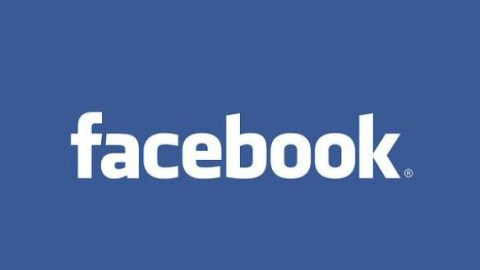The Facebook IPO: Short-Term Hysteria

The blogosphere won’t stop talking about the Facebook IPO story. The stock (FB), which has been publicly traded for less than 2 weeks, has fallen below $30/share and the bearish investors are already touting it to be the worst IPO in modern history. Around the web, all the social-media pundits seem to have their version of the story about why Facebook ruined itself going public. The critics say it will never bring in legit revenues and that the platform has no way of monetizing the product without hurting the user experience. Amidst all of this day-to-day reporting, it becomes clear: the bloggers are no better than the bankers.
The pessimism around Facebook’s stock price is a perfect illustration of the human condition: while we have the unique ability to plan for the future, our actions are subject to the allures of instant gratification. The fact that we are aware of our future circumstances is part of what makes us human, but at the end of the day we are still around 97% monkey (genetically speaking), and this being the case, we are swayed by the same type of primal, short-term stragies. This is evinced through the obesity epidemic (as people can’t seem to think beyond the next twinkie), it was further highlighted in the housing bubble (as sub-prime loans were great for bankers quarterly bonuses but (obviously) not the best long-term strategy), and we are seeing it again with everyone’s inability to think past the short-term opinions on the value of Facebook.
Taking a long-term perspective, Facebook has much more potential than meets the eye. Getting outside the actual service itself, which has some of the best metrics a website could ask for (i.e. people seem to really enjoy wasting their time commenting on friends pictures), there are three main reasons why I like Facebook’s long-term chances: its relationship to the rest of the internet, its rich data, and its global reach.
Facebook is like the nucleus of Web 2.0. It is so intricately woven into the foundation of the Internet that it has essentially become our digital ID. Basically any company that’s been launched in the last couple of years registers its new users through their Facebook accounts. While this is beneficial to these companies, it is even better for Facebook. All around the world, entrepreneurs are designing and building products with Facebook at its core. Sites like Pinterest and Spotify are more like extensions or apps of Facebook than companies themselves. As such, Facebook’s service has become much more than just a place to connect with friends; it’s turned into a platform for innovative products to be launched from, and alongside Google, has become the most far-reaching website on the Internet.
With everyone’s activity on the Internet being tied to his or her Facebook account, the company is incredibly data rich. People have been feeding the service all sorts of personal information, from their friends and interests, to their taste preferences and activities. This information has been piling up and in a few years data analysis may be able to tell you more about you than you can. The opportunities of monetizing this insight extend beyond personalized ad-services and will create new opportunities and new markets that we can’t possibly fathom today. It’s been said that in the coming years data will be king… well, Facebook is the king of data.
Finally, Facebook may be a product of the US but it is a global phenomenon. As our world continues to become more interconnected, Facebook will be at the heart of the convergence. As smartphones become the status quo and everyone on the planet becomes connected to the Internet, they will be plugged right into everything Facebook is already building up. Facebook currently has just under 1 Billion users worldwide, but there is every reason to believe that number is primed to increase exponentially in the coming years.
While these aspects to Facebook’s value may not deliver immediate profits, the company clearly has a bright future. Its IPO is not a proclamation of current profitability; rather, it is a statement indicating the company has established its foundation and still has room to grow. In becoming such an integral part of the Internet, Facebook will be a mainstay of innovation for years to come.





